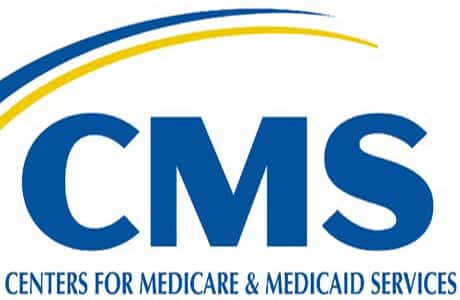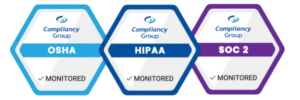2020 MIPS Quality Payment Program Exceptions: Who Can Apply for One?
In 2017, the Centers for Medicare and Medicaid Services (CMS) launched the Quality Payment Program (QPP). The QPP rewards value and outcomes in one of two ways: Merit-based Incentive Payment System (MIPS) and Advanced Alternative Payment Models (APMs). CMS recently announced that there may be circumstances out of providers’ control that may prevent providers from meeting MIPS program requirements. As a result, CMS is permitting providers to apply for exceptions to having to meet the MIPS quality payment program requirements.
Scorable MIPS Quality Payment Program Categories
There are currently four scorable MIPS quality payment program categories:

◈ Quality (45% of score)
◈ Promoting Interoperability (25% of score)
◈ Improvement Activities (15% of score)
◈ Cost (15% of score)
For CMS to reweigh one or more of these quality payment program performance categories, a clinician must, in the application, show that the clinician has encountered an uncontrollable circumstance or public health emergency, such as COVID-19, that is outside the provider’s control.
What are the MIPS Quality Payment Program Exceptions for Program Year 2020?
There are three exceptions for MIPS Quality Payment Program Year 2020.
MIPS Quality Payment Program Exceptions: #1 The MIPS Promoting Interoperability Performance Category Hardship Exception
The first of the three MIPS Quality Payment Program exceptions is the “MIPS Promoting Interoperability Performance Category Hardship Exception.” Under this exception, providers can submit an application that requests reweighing specifically for the “Promoting Interoperability” performance category. This category is one of the four scorable categories mentioned above.
This category requires completion of a security risk analysis. Some providers mistakenly believe that, if they receive a Promoting Interoperability Performance Category Hardship exception, they need not conduct a security risk analysis, period. This is untrue. HIPAA requires ALL providers to conduct a security risk analysis, regardless of whether the provider deals with CMS. CMS providers are simply eligible for incentives under MIPS if they do so.
MIPS eligible clinicians, groups, and virtual groups may submit a MIPS Promoting Interoperability Performance Category Hardship Exception Application citing one of the following specified reasons:
- You are a small practice.
- You have decertified EHR technology.
- You have insufficient Internet connectivity.
- You face extreme and uncontrollable circumstances such as disaster, practice closure, severe financial distress, or vendor issues.
- You lack control over the availability of certified electronic health record technology (CEHRT).
Lacking CEHRT does not qualify you for re-weighting.
MIPS Quality Payment Program Exceptions: #2 The Non-Automatic Extreme and Uncontrollable Circumstances Exception
The second exception, the “Non-Automatic Extreme and Uncontrollable Circumstances Exception”, differs from the first exception. Under the Non-Automatic Extreme and Uncontrollable Circumstances Exception providers may request reweighting for any or all performance categories.
CMS has defined the phrase “Extreme and uncontrollable circumstances.” “Extreme and uncontrollable circumstances” are defined as “rare events entirely outside of a provider’s control and the control of the facility in which the provider practices.
These circumstances must be circumstances that would:
- Cause a provider to be unable to collect information necessary to submit for a MIPS performance category;
- Cause a provider to be unable to submit information that would be used to score a MIPS performance category for an extended period of time (for example, if a provider was unable to collect data for the Quality performance category for 3 months), and/or
- Impact your normal processes, affecting your performance on cost measures and other administrative claims measures.
Granting of a quality payment program exception based on one or more of these three circumstances is not automatic. This means a provider must apply for an exception, and explain why their situation is an “extreme and uncontrollable circumstance.”
MIPS Quality Payment Program Exceptions: #3 The Automatic Extreme and Uncontrollable Circumstances Exception
There is one instance under which CMS will automatically apply the “Extreme and Uncontrollable Circumstances” exception mentioned above:
MIPS-eligible clinicians who are located in a CMS-designated region that has been affected by an extreme and uncontrollable event (such as a FEMA designated major disaster), during the 2020 MIPS performance period, receive the automatic extreme and uncontrollable circumstances exception.
The automatic extreme and uncontrollable circumstances policy does not apply to group or virtual group participation.
MIPS eligible clinicians identified as affected by an automatic extreme and uncontrollable event will have all four MIPS performance categories re-weighted to 0% of their final score, unless they submit data for two or more performance categories.





